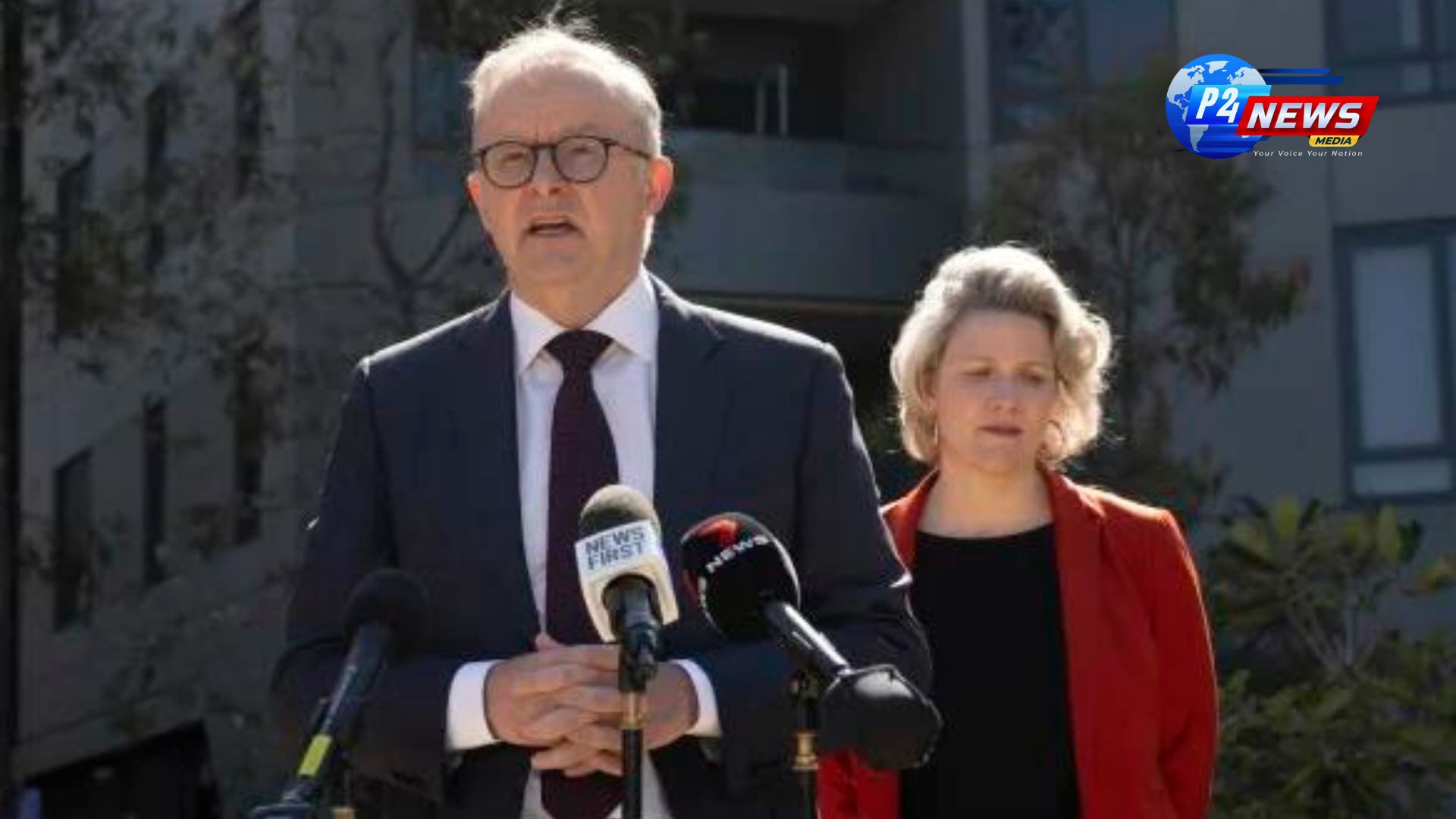Experts Highlight Multifaceted Solutions
Experts Highlight Multifaceted Solutions
Solving Australia's housing crisis requires a comprehensive strategy, and the discussion around negative gearing and capital gains tax discounts is at the forefront of this debate. As Prime Minister Anthony Albanese navigates political opinions, the implications of these contentious policies on the housing sector are under scrutiny. This article explores the potential role of these reforms in addressing the affordability crisis in Australia, shaped by recent events and expert insights.
Negative gearing allows investors to offset losses from property investments against their overall taxable income. In contrast, the capital gains tax discount permits individuals to claim a 50% discount on profits earned from selling assets held for over a year. According to AMP's chief economist Shane Oliver, this system creates lucrative conditions for property investment, leading to increased property prices. A Parliamentary Budget Office report noted that the fiscal impact of these tax concessions escalated from $6.7 billion in 2014-15 to an expected $12.3 billion by 2024-25.
While some argue that these reforms could initially reduce property values by decreasing investor demand, experts caution about long-term repercussions. Albanese pointed to findings from the Property Council of Australia indicating that changes to negative gearing could inhibit housing supply. Oliver agrees that although a short-term decrease in demand is plausible, it could lead to a shortage of rental properties, thereby elevating rents over time. In contrast, housing advocacy representatives argue that affordable housing, not the amount of supply, is the main issue, highlighting that an increase in tax concession uptake coincides with a decline in government-provided housing.
The political landscape surrounding these reforms remains divided. Opposition leader Peter Dutton firmly supports maintaining the status quo while the Greens advocate for scrapping negative gearing altogether, proposing that saved revenues be redirected for public housing initiatives. Labor's hesitation stems from previous campaign failures centered on these policies, with Albanese emphasizing ongoing discussions on alternatives, like the Help to Buy and Build to Rent schemes designed to stabilize home prices through enhanced supply. Notably, independent senators are pushing for balanced reforms that could ultimately reduce fiscal burdens while increasing funding for affordable housing.
This ongoing dialogue reveals that the complexities of Australia's housing crisis extend beyond mere policy reforms. The interplay between negative gearing, capital gains tax discounts, and market conditions calls for thoughtful consideration from all sides. As political parties express their positions, the potential for compromise remains amid the urgent need for sustainable solutions in enhancing housing affordability across Australia.'
Like
Dislike
Love
Angry
Sad
Funny
Pray
'Trump Tracker: Tulsi Gabbard's Surprising Appointment as US Intelligence Chief
November 14, 20249th Ayurveda Day in Melbourne: A Celebration of Ayurvedic Innovations and Global Health Impact
November 10, 2024🍪 We Value Your Privacy and Experience Hi there! We use cookies to enhance your browsing experience, provide personalized content, and analyze site traffic. By continuing to use our site, you consent to our use of cookies.







Comments 0